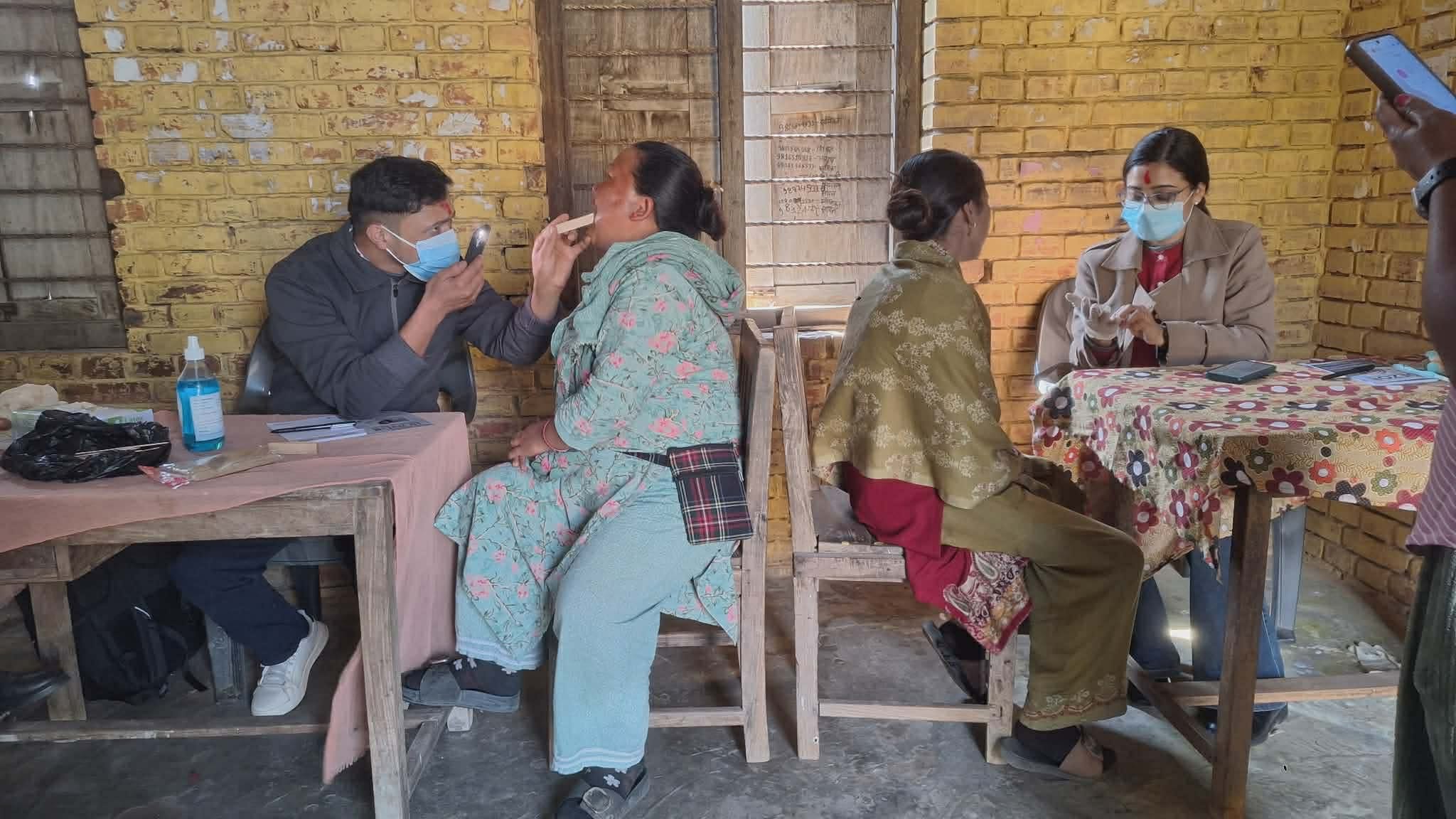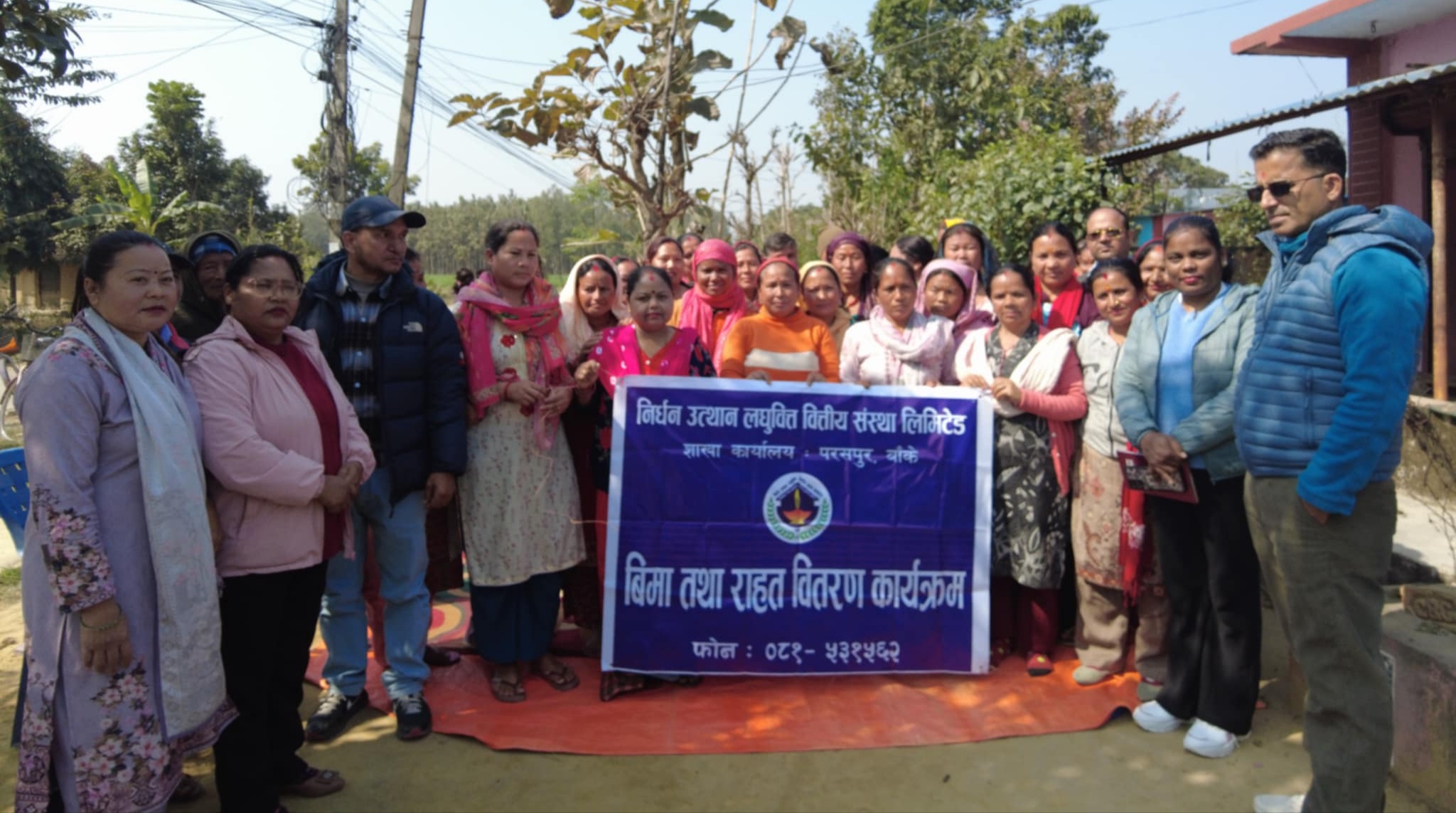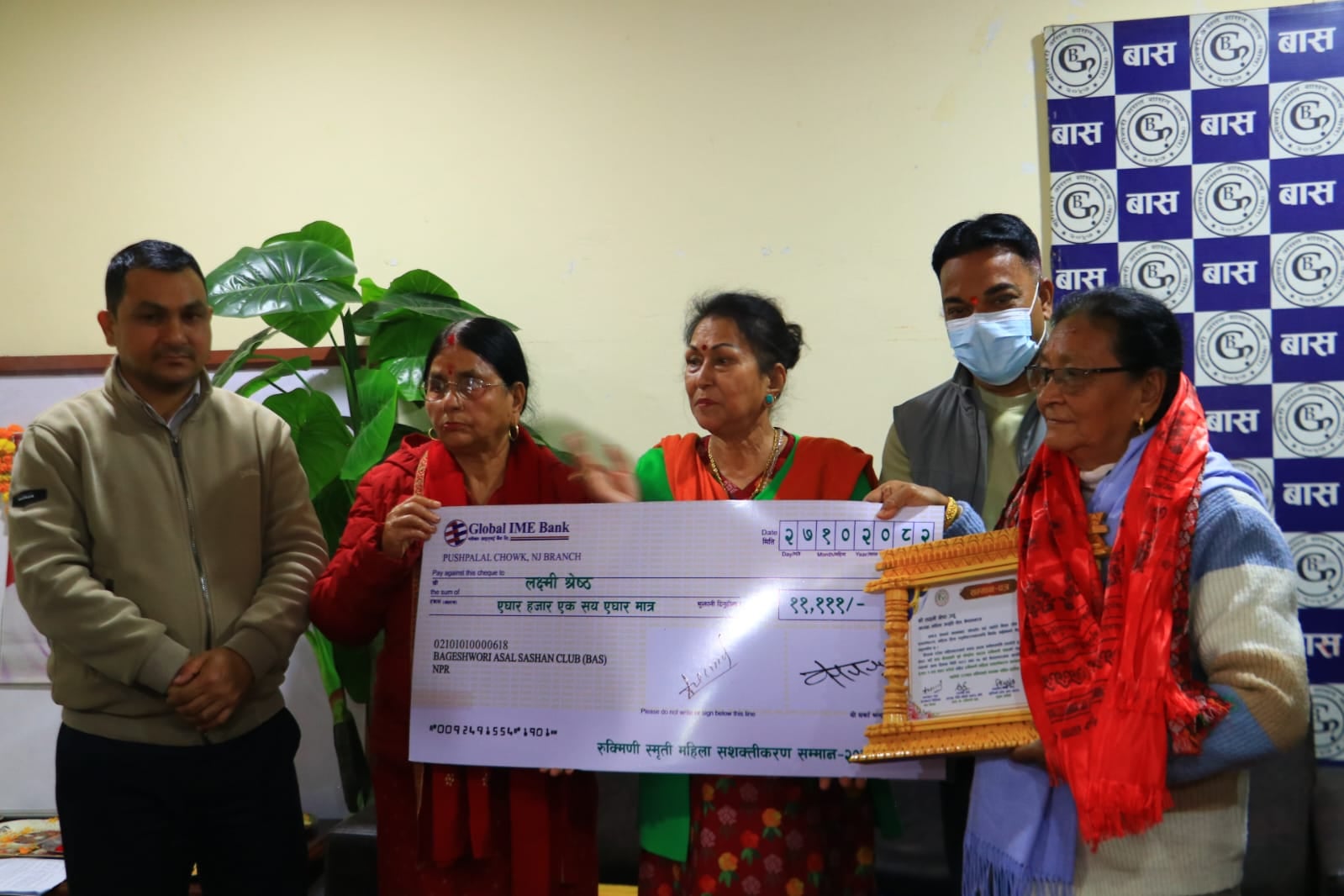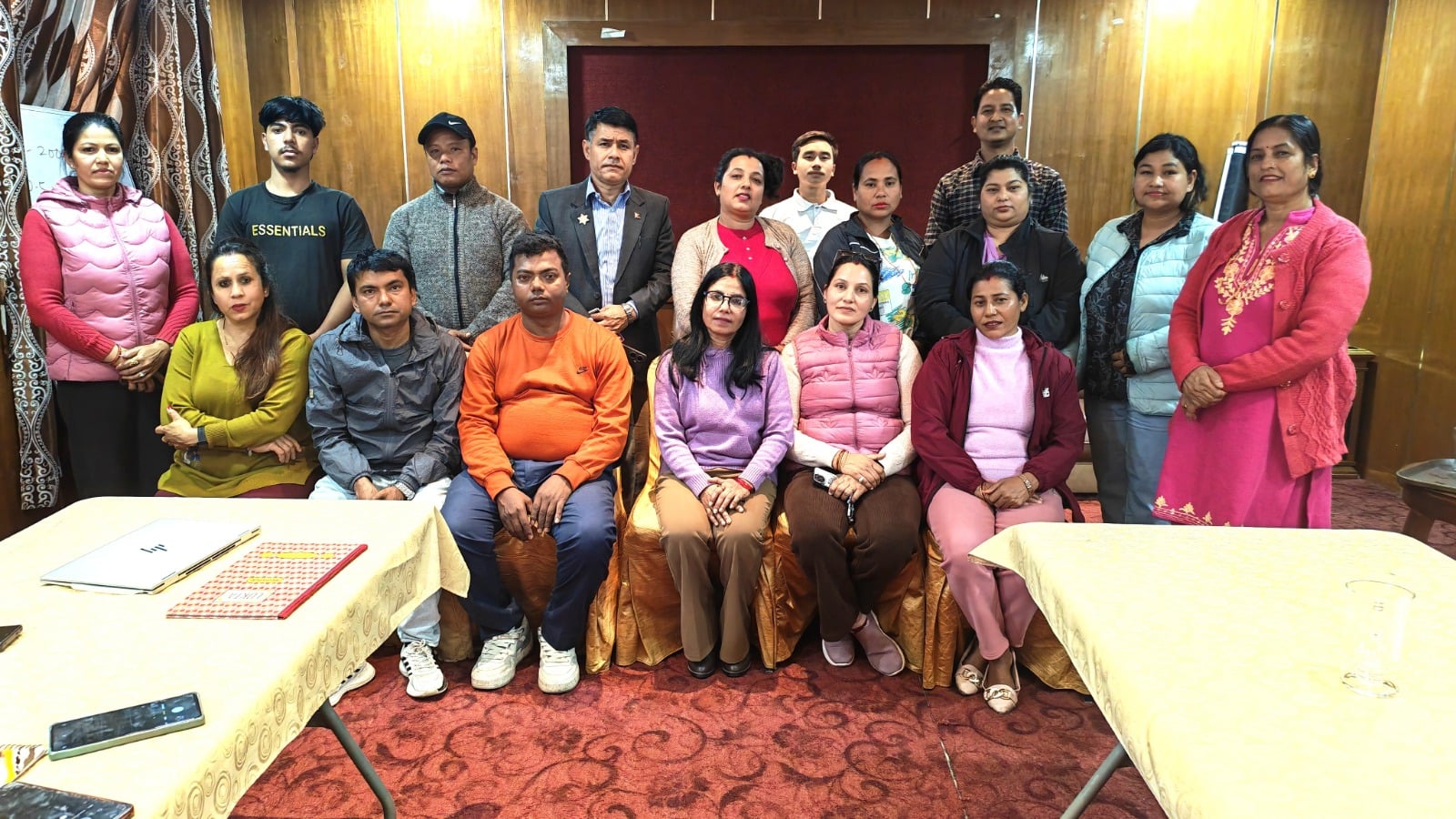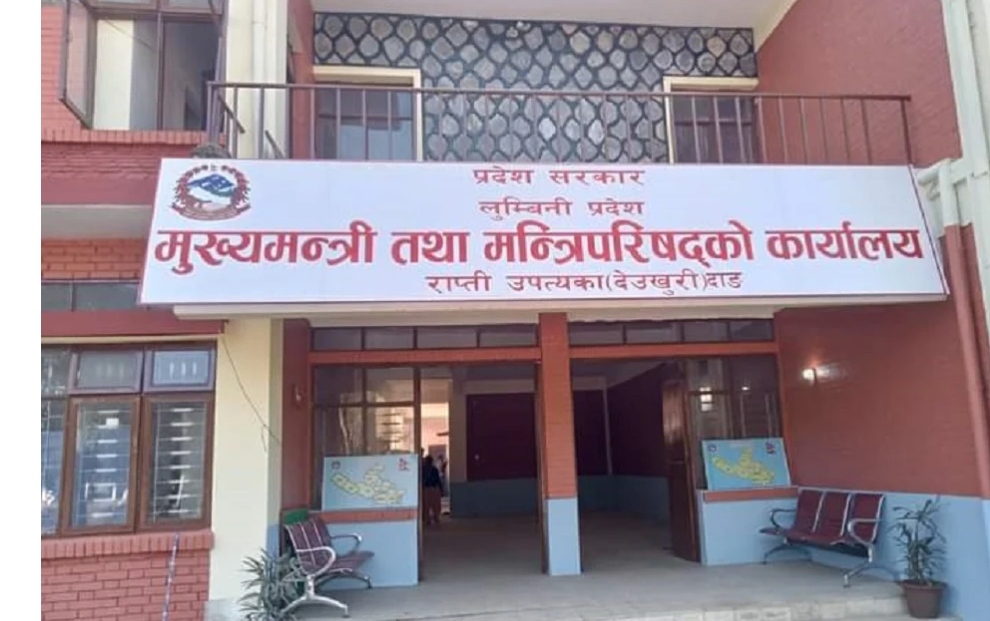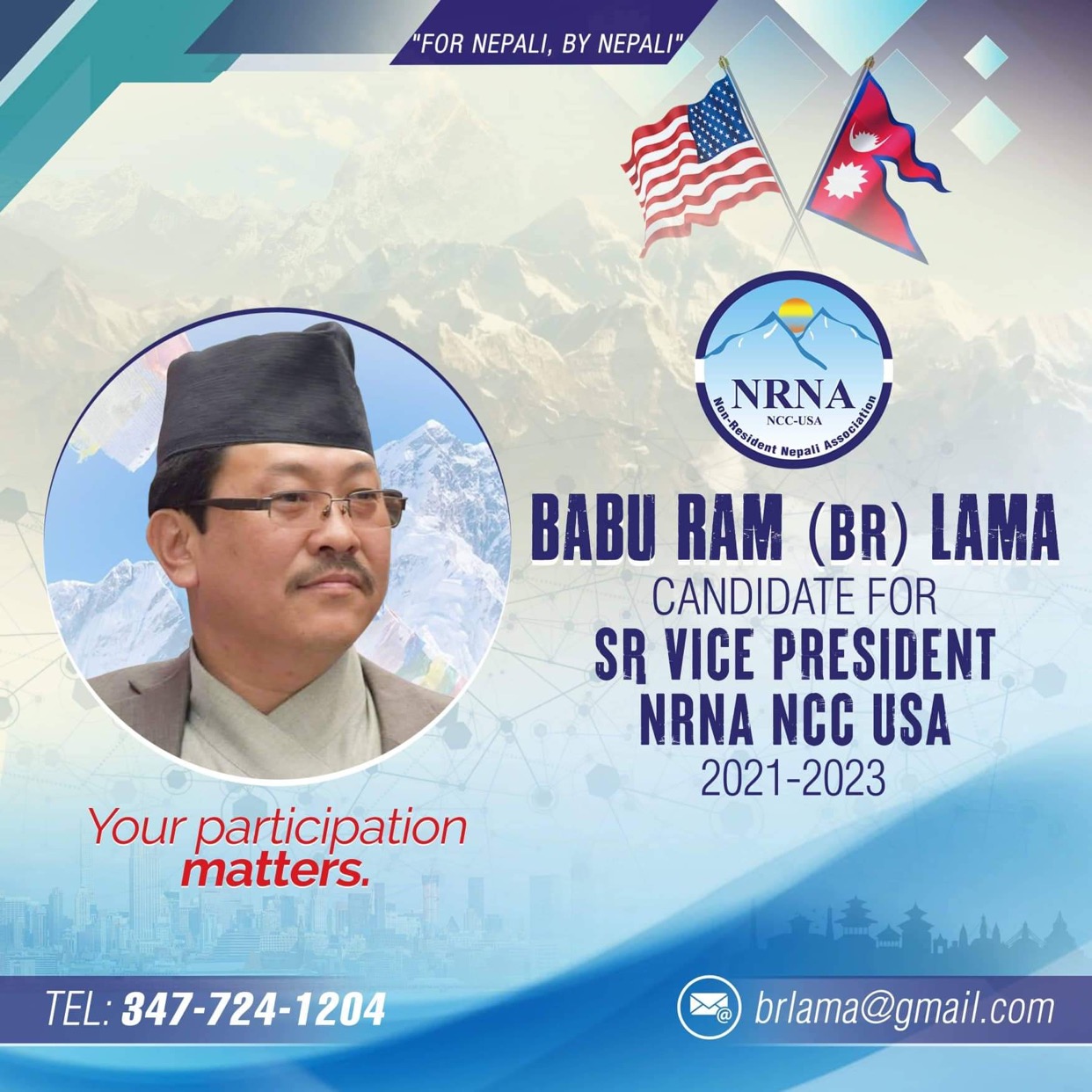
What is MCC?
For Nepal, or any other country around the world, MCC stands as the United States Government. However, technically, this is an independent agency named as the Millennium Challenge Corporation, MCC, which is created by the United States Congress (the upper house of the United States parliament as Nepali people would understand it) in year 2004 with the slogan “Reducing Poverty Through Growth”. Since its creation, MCC claims it has worked in 29 countries around the world and has spent over $12 billion of U.S. citizens’ tax money in aid with expected benefits to over 157 million people globally.
Who Governs MCC?
MCC has a governing board, that comprises of the Secretary of State (equal to Home Minister in Nepal) as Chair, the Secretary of Treasury (Finance Minister in Nepal) as Vice-Chair, the U.S. Trade Representative, the Administrator of the USAID, the CEO of MCC, and four private sector members appointed by the President of the United States. All board members are men except one private sector appointee of the President. MCC also has an advisory council to provide private sector expertise to the board. An Economic Advisory Council also serves to analyze the capacity and methods of support.
How MCC functions?
Under the direct supervision of the governing board, MCC is scattered between six departments, with over 300 full-time staffs. The department of Administration and Finance (equal to Ministry of General Administration in Nepal) plans and directs financial management. Department of Congressional and Public Affairs (equal to Ministry of Parliamentary Affairs) manages MCC’s relationship with the US Congress and other agencies i.e. media, universities, NGOs etc. Department of Policy and Evaluation (equal to Planning Commission of Nepal) manages annual planning process of selecting and funding countries and programs. The CEO’s office manages the investment committee, oversees MCC’s reporting to the Congress, among other key leadership tasks. A separate office of General Counsel provides advisory legal services.
MCC’s Governance Approach
MCC claims that it is envisioned as a data driven agency that is founded to expand markets, increase trade, and foster impacts through economies of scale. MCC has a rigorous standard for good governance that a partner agency must meet, which is evaluated on MCC’s scorecard. The scorecard looks into mainly economic freedom, inflation, regulatory quality, trade policy, gender in economy, land rights and access, access to credit, business start-up ratio, and a just ruling of the government in the areas of political rights, civil liberties, corruption control, effectiveness of government, rule of law, freedom of information, health, nutrition, education and so on. On the scorecard for Nepal published on November 2019, Nepal is progressively achieving all other areas except in trade policy, gender in economy, land rights and access, and health expenditure, where Nepal is under the median.
MCC Grants Assistance Types
MCC claims that the grants are designed to complement other U.S. and international development programs, as well as to create an enabling environment for private sector investment. The primary types of MCC grants are Compacts (large, five-year grants for selected countries that meet MCC’s eligibility criteria, Concurrent Compacts for Regional Investments (grants that promote cross-border economic integration, and increase regional trade and collaboration), and Threshold Programs (smaller grants focused on policy and institutional reform in selected countries that come close to passing MCC’s eligibility criteria and show a firm commitment to improving their policy performance). MCC and Nepal entered into Compact.
MCC in Nepal:
On September 14, 2017, MCC signed the Compact with Nepal. Compacts are large, five-year grants for selected countries that meet MCC’s eligibility criteria. MCC has seen this agreement as a new chapter in the US-Nepal partnership. The compact’s design goes towards increasing the availability of electricity and lowering the cost of transportation in Nepal. The outcomes are better government service delivery to people, easy movement of goods around country, and new private investment avenues in Nepal. Because this is a compact, Nepal is required to put an additional $130 million as contribution to enable MCC’s investment a greater impact.
MCC’s scope in Nepal
Entering into a strategic inter-governmental agreement impacts the entire country and people living in it. Unclarity as to transparency of governance, mistrust in institutions and mechanisms, and fear of nurtured corruption in bureaucracy and politics in Nepal have weakened people’s thinking abilities. Nobody knows whether MCC compact is going to be a good decision for Nepal or a wrong one. Specially after failure due to extensive delay in Melamchi project, irrigation projects, poor quality road and other construction projects, people have no faith or hope in MCC coming with US grants and making Nepal’s poor governance going. What difference after all MCC makes that USAID or UKAID or UNDP or World Bank or any other bilateral agencies that require similar procedures to work in Nepal haven’t made earlier? This is one very challenging and pertinent question for both the MCC and the Government of Nepal to consider.
MCC Supersedes Nepali Laws if contradictory
One very important law of the United States is the Supremacy Clause of the United States Constitution. Article 6 clause 2 of the US constitution establishes that the constitution, federal laws made pursuant to it and treaties made under its authority, constitute the “Supreme Law of the land”. The Supremacy clause declares federal laws and treaties supersede state laws and even state constitutions. This article is the one reason that US doesn’t feel comfortable ratifying some of the international treaties like CEDAW or CRC. However, the point here is, if any state law (made by the state legislature) contradicts with the treaties made by the US, the treaty supersedes. This is exactly how MCC would want to see in Nepal.
It doesn’t want such a bilateral executive treaty for development and growth to be overthrown by local laws, specially in countries that are receiving assistance. After all the money invested is paid by the American people. Section 7.1 of the agreement between GON and MCC deals with this issue. And this is a valid point specially in the context when governments are changing frequently and no one party or one system functions in a certain way.
Challenges to Nepal
Political: Predominantly India, and now sporadically China are the key bilateral donors of Nepal, except all other development aid from international agencies and banks. The donations from India range from building bridges, dams, irrigations, roads, to supporting in national and domestic developmental and political processes such as cars to police, ballet boxes to the election commission and scholarship to the children of politicians and bureaucrats etc. Its indeed deep rooted. China, on the other hand is spending more money in top level investment, including building control rooms in home ministry, providing training opportunities to military and police, and other construction and related support in trade.
Despite the US have been providing 5 years based grants to Nepal since long time through USAID, such support is considered largely political, because it is run under the embassy of the United States, which is managed by a ministry in Nepal, not by the cabinet. MCC, will be managed under a treaty. This is going to be a new approach in development aid in Nepal. This definitely is not a favorable plan for those who have been managing Nepal affairs in traditional ways.
Social: Sustainable Development has become a big banner for every political, as well as international organizations. However, will there be development ever in poor countries like Nepal? If so, what will change? MCC doesn’t have a concrete answer. People are fed up of all the promises that never made through their completion phase. Monitoring happened.
Evaluations took place. People participated in FGDs and KIIs. Wonderful reports got published. People got promoted, elected. However, things remained noticeably similar. Prices hiked. Poverty hiked. Violence increased. And Systems became further corrupt and untrustworthy. The road of MCC lurches through these hurdles. However, accepting the development aid for Nepal is not an alternative, rather a compulsion. Young generation has to get access to modern facilities, education and road to progress. American idea of supporting poor and rich countries together is indeed a good model. This will certainly benefit, because this stands in the principles of democracy and good governance.
Conclusion: MCC is not a greatly different model, however, this is a somehow better model than what is there in the market of aid governance. Nepal, as a recipient, as well as a contributor to the MCC funds for development will have substantial ownership in the results. Therefore, the is no harm in adopting the treaty and moving forward with MCC regulated development. There is nothing to loose, and a lot to gain.
२०७७ असार १९, शुक्रबार प्रकाशित


